It’s day eighteen of life in captivity, and I find what is keeping me most sane is remembering that I am not truly “captive” at all.
Yes, we are navigating a new world peppered with restrictions and colored by fear.
Yes, we are living in quarantine for the shared, crucial effort of keeping this disease as contained as physically possible.
Yes, we are embracing technology and connecting digitally in lieu of the same conversations and interactions many of us would prefer to have in person.
And yet, responsible physical distancing doesn’t have to mean locking ourselves inside and throwing away the key. We live in an amazing, limitless world: So, let’s raze the four walls that confine us, get out there, explore something new[1].
Looking for a way to stay sane and survive this quarantine?
Get outside as much as possible.
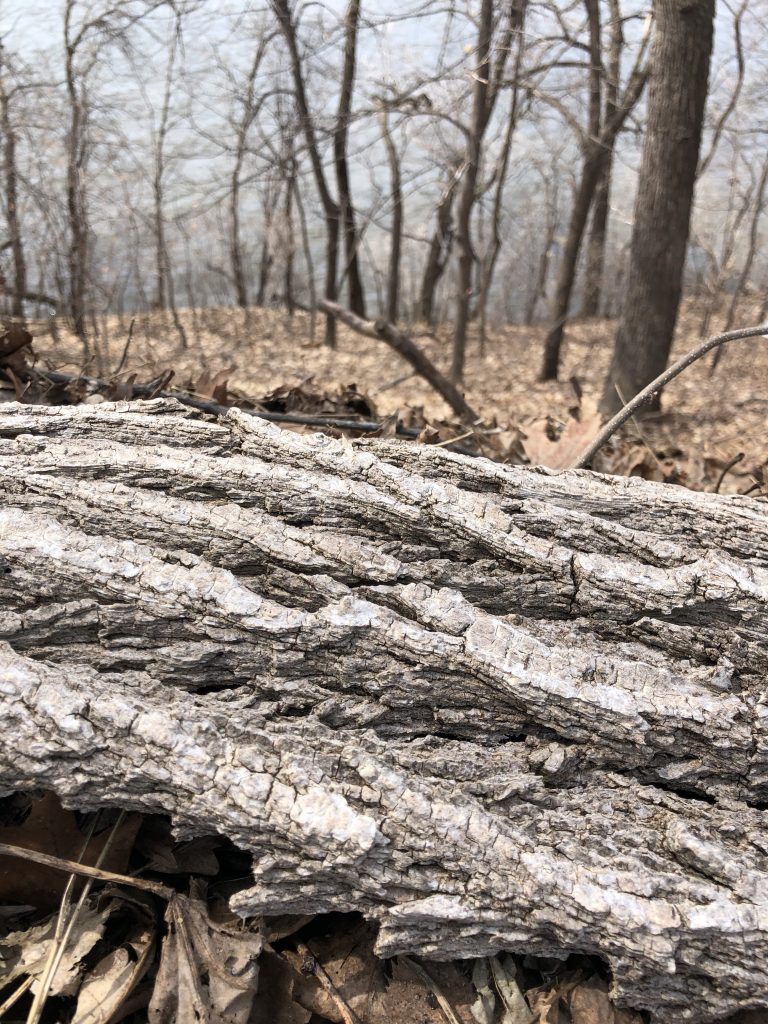
Over the last three weeks I have been simultaneously surprised, humbled, and shocked by how many people I’ve seen stretching their legs for a casual walk around the neighborhood. I honestly don’t know if I have ever seen this many people engage in physical activity outside before, and this realization alone is enough to make me pause: Why the heck is that? In fact, just last night I participated in virtual book club and was honestly shocked to hear my peers share their newfound revelations about the joys of spending time outside.
The scenario played out something like this:
Friend #1: “Ever since our mandate for shelter in place, I’ve been venturing outside to take walks. It’s strange: I never do that!”
Me: Wait, what?
Friend #2: “I know! It’s actually pretty nice to stretch your legs and get some fresh air.”
Me: I’m sorry, is this NEW information we’re processing?
Friend #3: “Agreed! It’s crazy it took a pandemic to get me outside, but whatever works!”
Me: Crazy indeed. Hey, you said it, not me.
But seriously: Why is a pandemic the necessary catalyst to launch us from our comfort zones and prompt us to embrace the numerous benefits nature inherently has to offer?
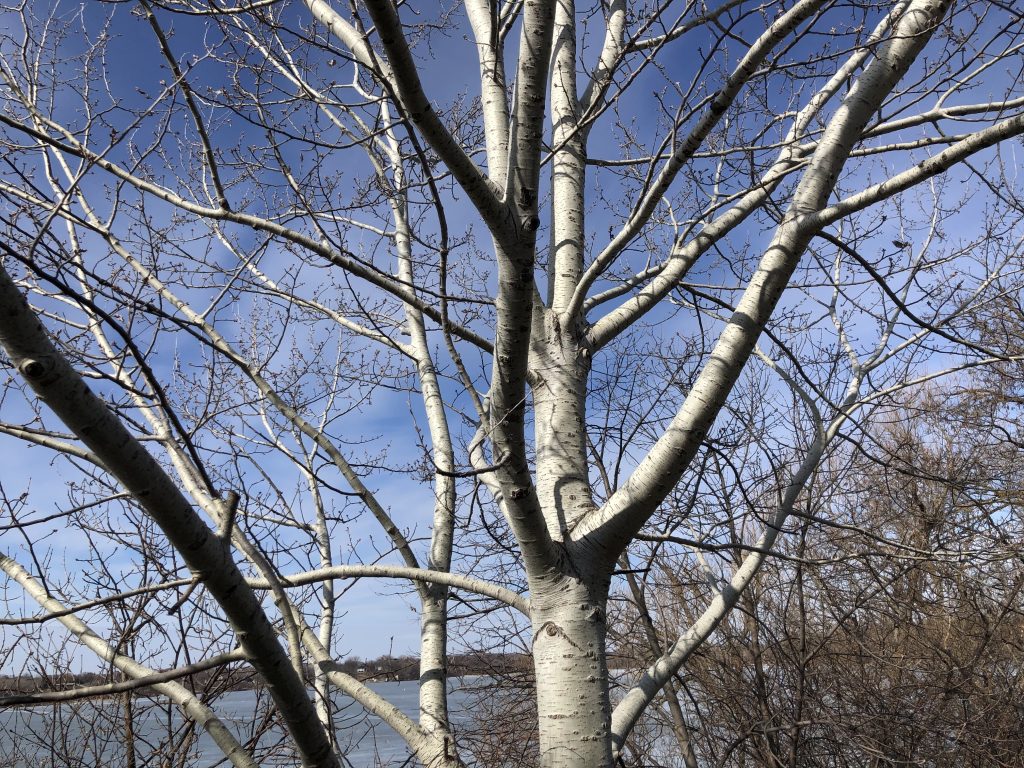
Because I’m sensing it would be helpful to review this most basic fundamental truth, spending time outside makes humans happier, less stressed, more creative, and more socially connected. Physical activity (which is one of the many things we can do outside) reduces the risk of cardiovascular disease, high blood pressure, type II diabetes, and premature death. In case this wasn’t reason enough, spending time outside is also an excellent form of energy renewal and can improve short-term memory, boost focus, fight anxiety and depression, and promote overall positivity.
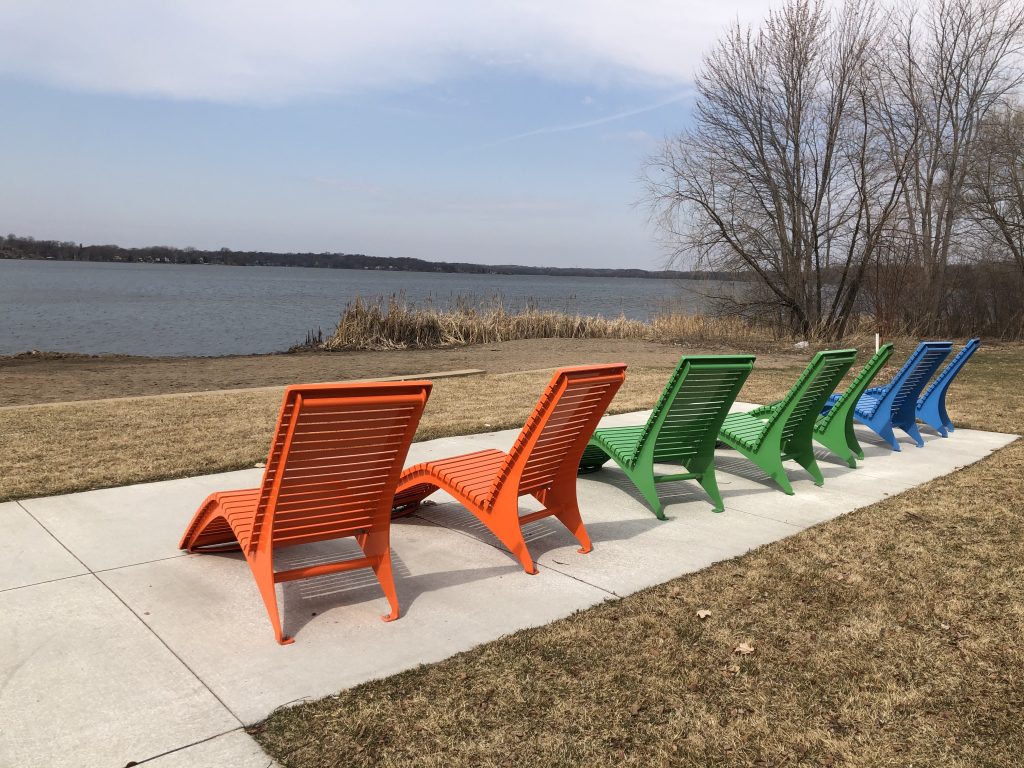
Not bad, right?
Since making the shift to working from home, I have found myself craving nature in surprising ways and paying an inordinate amount of attention to small, seemingly insignificant natural details I might otherwise ignore. The birds merrily chirping when I wake up in the morning. The sun’s warm, radiant rays that tickle my skin and boost my spirits. The charming duck couple that has recently taken up residence in the little pond outside my window[2].
A week and a half ago Cam and I ventured across the street to walk around Medicine Lake and clear our minds from the chaos that continues to build with each passing moment. This particular afternoon was a tad chilly, and the lake was still covered in a thick, dense sheet of ice. Bundled in warm clothes, we observed families spending time together beneath the warm March sun and watched ice fishermen hauling gear towards the middle of the lake in hopes of a peaceful, prosperous afternoon. Beginning the transition from winter to spring, the lake audibly cracked and cooed, evoking humorous sounds of growing pains as the water began to change its physical properties. These reverberations echoed throughout the environment yet did so in a subtle way only audible to those who dared pay attention. I truly don’t know if I would have noticed this riveting organic sound if it had been any other day and I had been caught up in my normal routine. Yet something beautiful transpired when I was jolted from my comfort zone; my senses reawakened, and I was able to notice the subtle magic of the seemingly “ordinary,” extraordinary world around me.
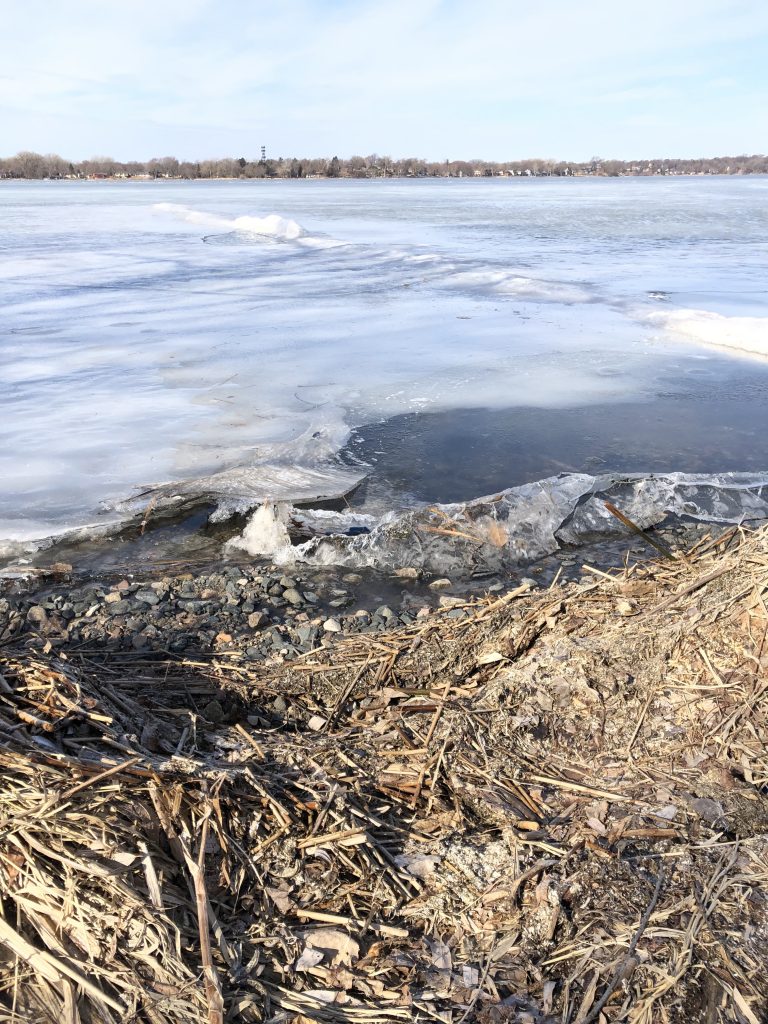
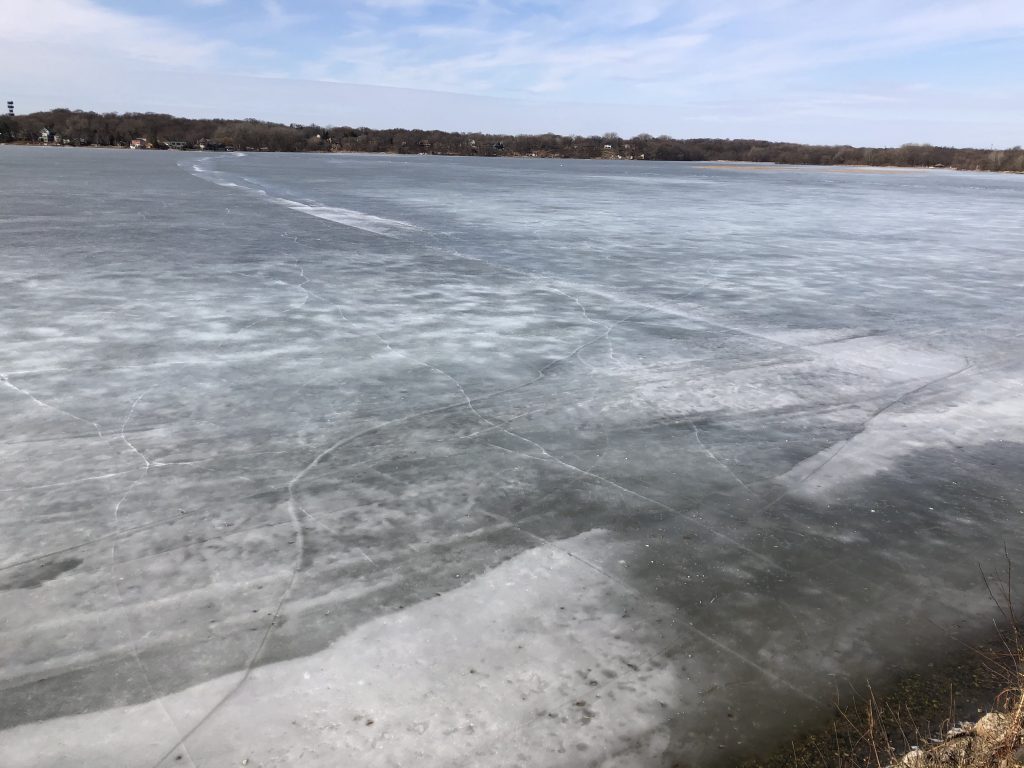
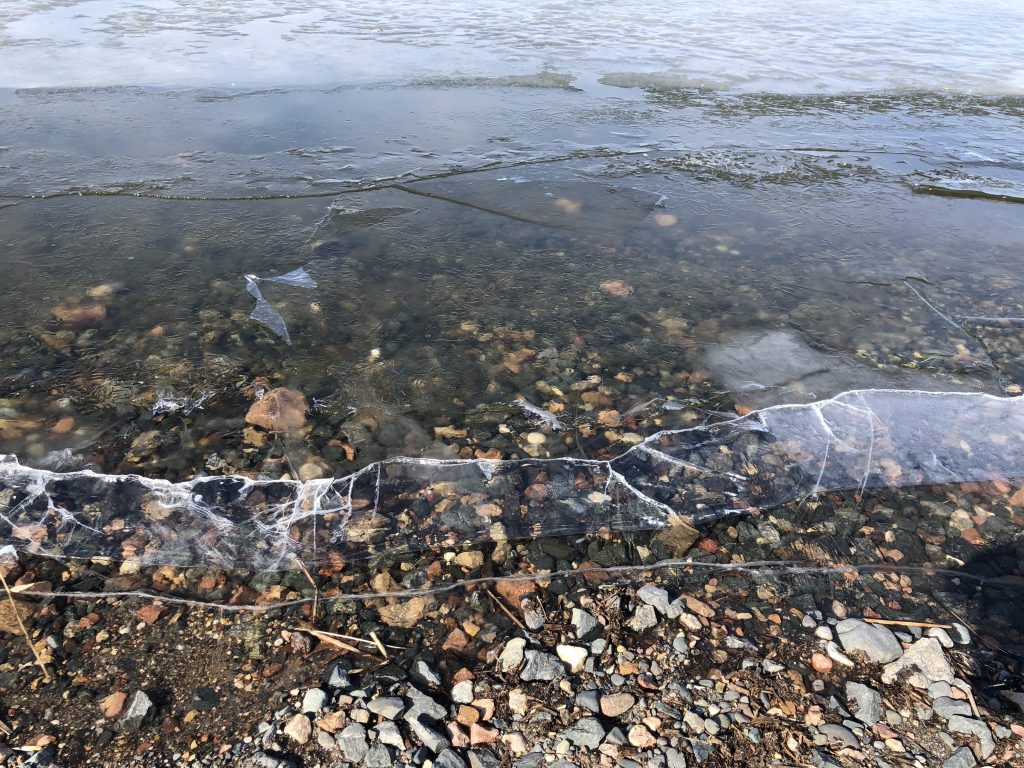
Today we returned to the lake for a lunchtime stroll, and I was shocked to see how much had changed in only a few short days. The ice that had previously sung to us had suddenly melted, and brave parasailors navigated the smooth surface where ice fishermen had so recently stood. Suddenly winter was gone; spring had usurped her icy throne, and nature had given way to flowing waters and budding green stems. The change was incredible: And it had all transpired despite the evolving chaos of our new reality.
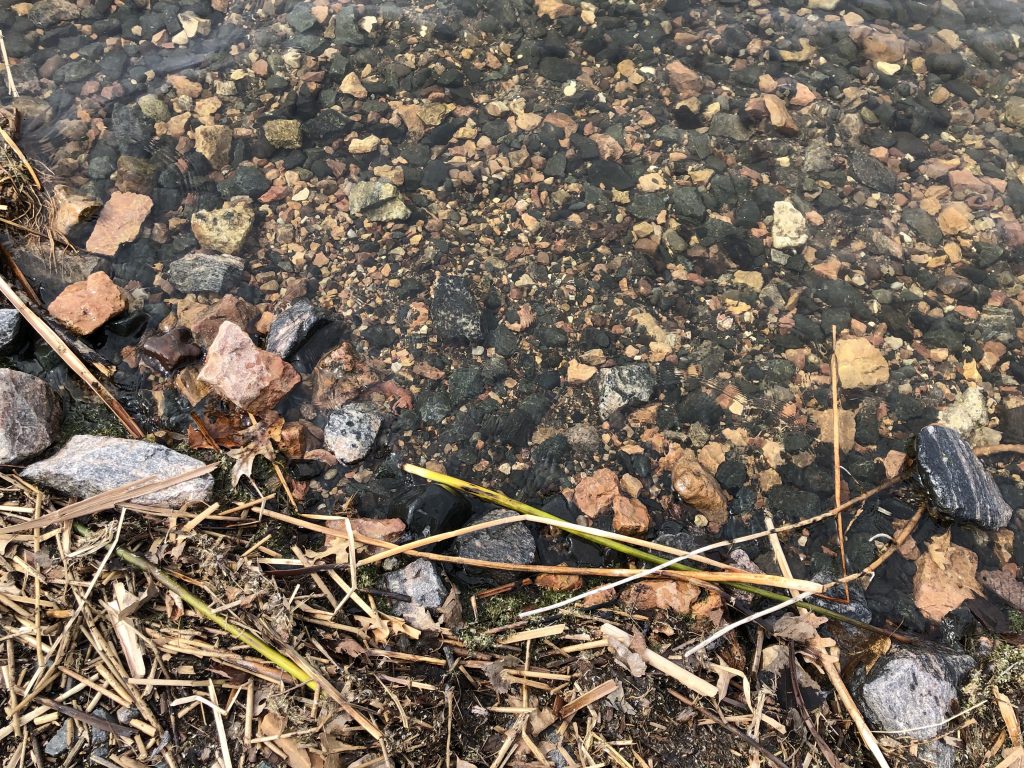
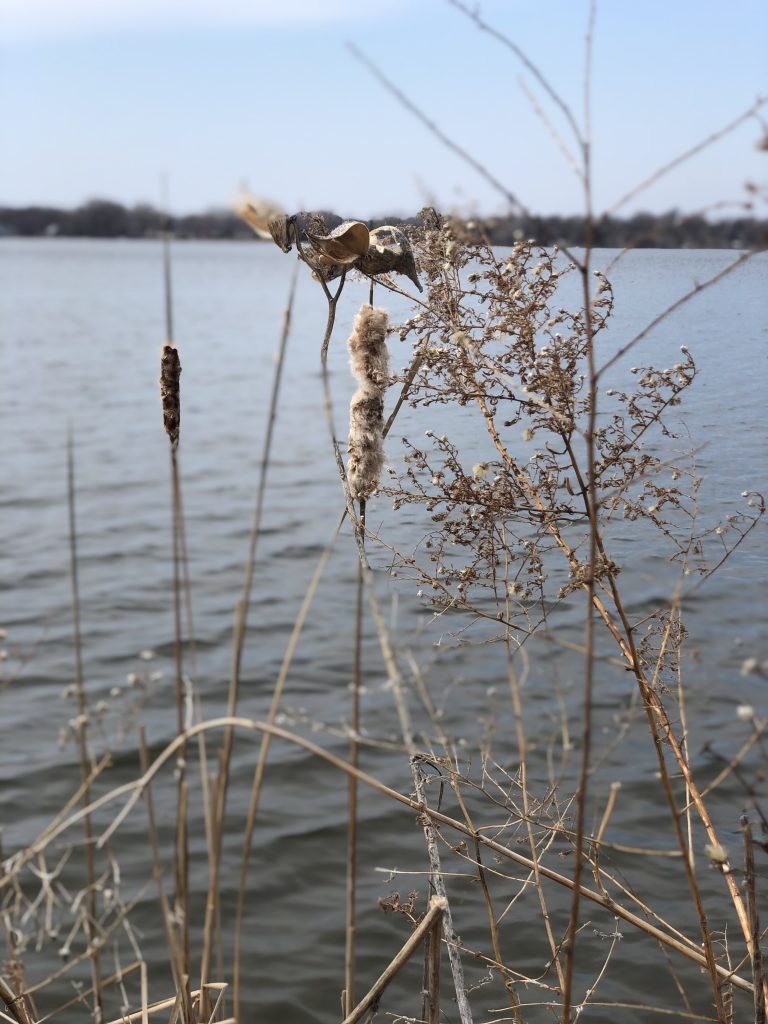
Yes, while we read the news, stockpiled toilet paper, and busied ourselves with the growing threat of coronavirus, nature continued onward as expected. The ice melted. The sun shone. The birds returned to sing and lay their “robin blue egg[s].” Nature followed her tried and true rhythms and the circle of life continued, reminding us all that everything will ultimately be okay.
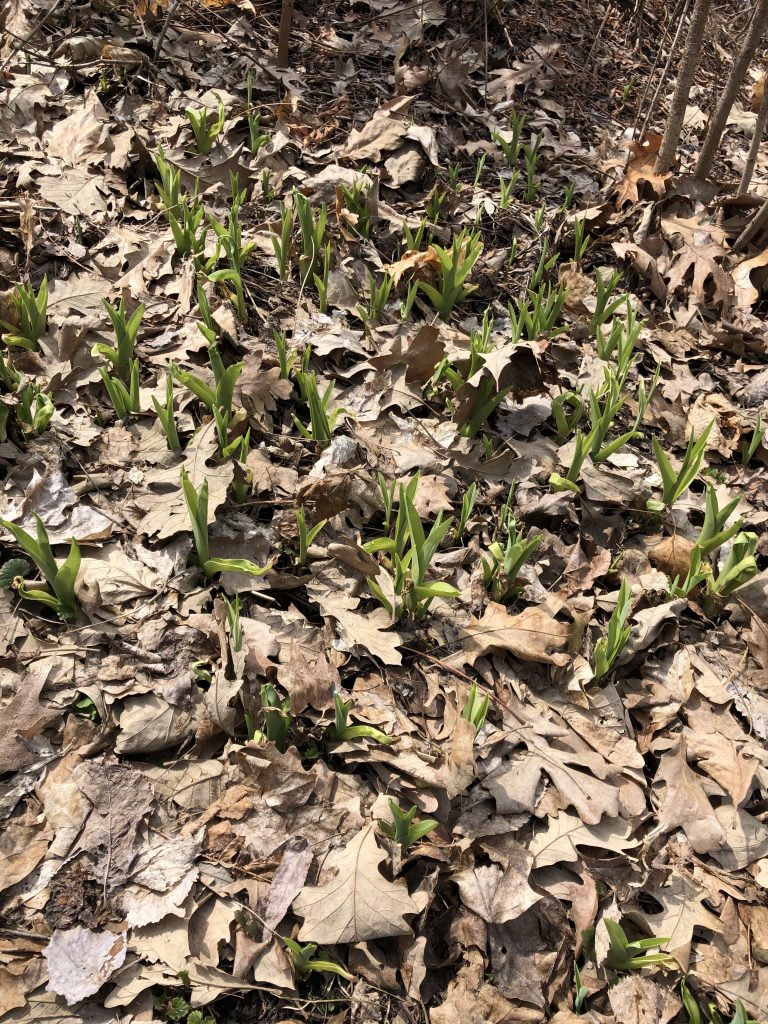
These are the curative, restorative powers of slowing down, of taking time to get outside and notice the nature that surrounds us. Returning to work from a brief stint outside, I feel like a plant that has just been watered, refreshed and reinvigorated to keep growing and stretching my arms towards the light, bold and unapologetically yearning for whatever lies ahead.
It’s a big world out there, and the possibilities are pretty endless if we know where to look and how to embrace them. We might be surprised by how radically our perspective shifts when we redefine our quarantine “jailcells” and give ourselves permission to indulge in a bit of fresh air. When we do this, suddenly the sun begins to shine, the seemingly insuperable barriers begin to crumble, and we begin to feel more liberated, energized, and inherently free.
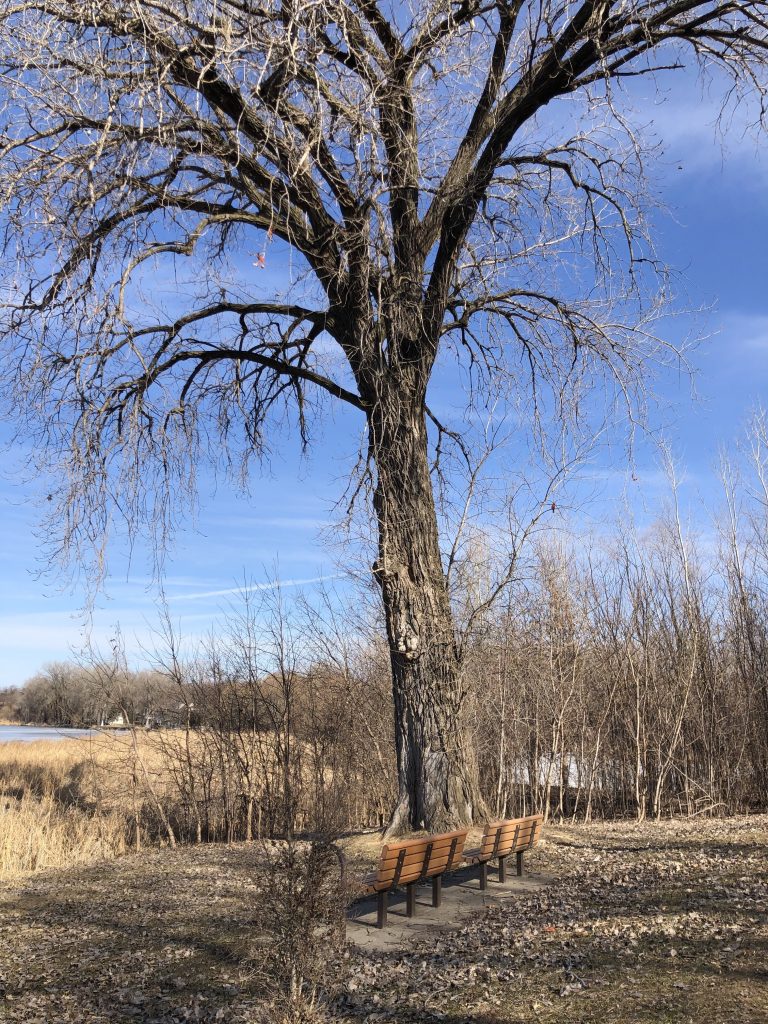
Go outside and discover what is possible. Remember to maintain six feet of social distancing, and then bravely reframe the claustrophobic, dead-end coronavirus narrative you have created for yourself. Do this, and I promise no matter how long we are asked to pivot from “life as usual,” things will be okay.
You will survive.
In fact—dare I say it—you may actually learn to thrive.
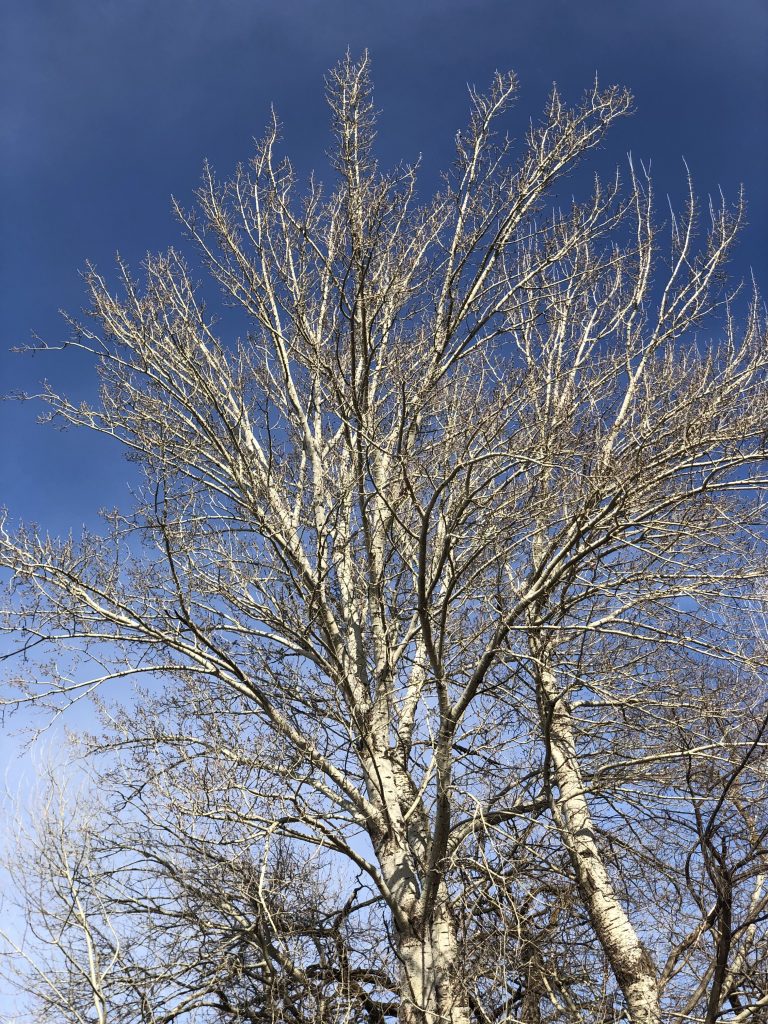
[1] Responsibly, of course.
[2] Yes, Lake Titicaca. I know you were dying for me to say it, so there. You’re welcome. (Sicko.)



Comments are closed.